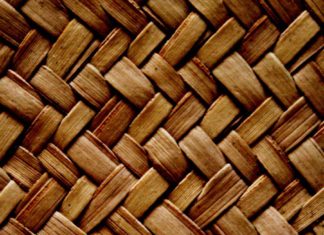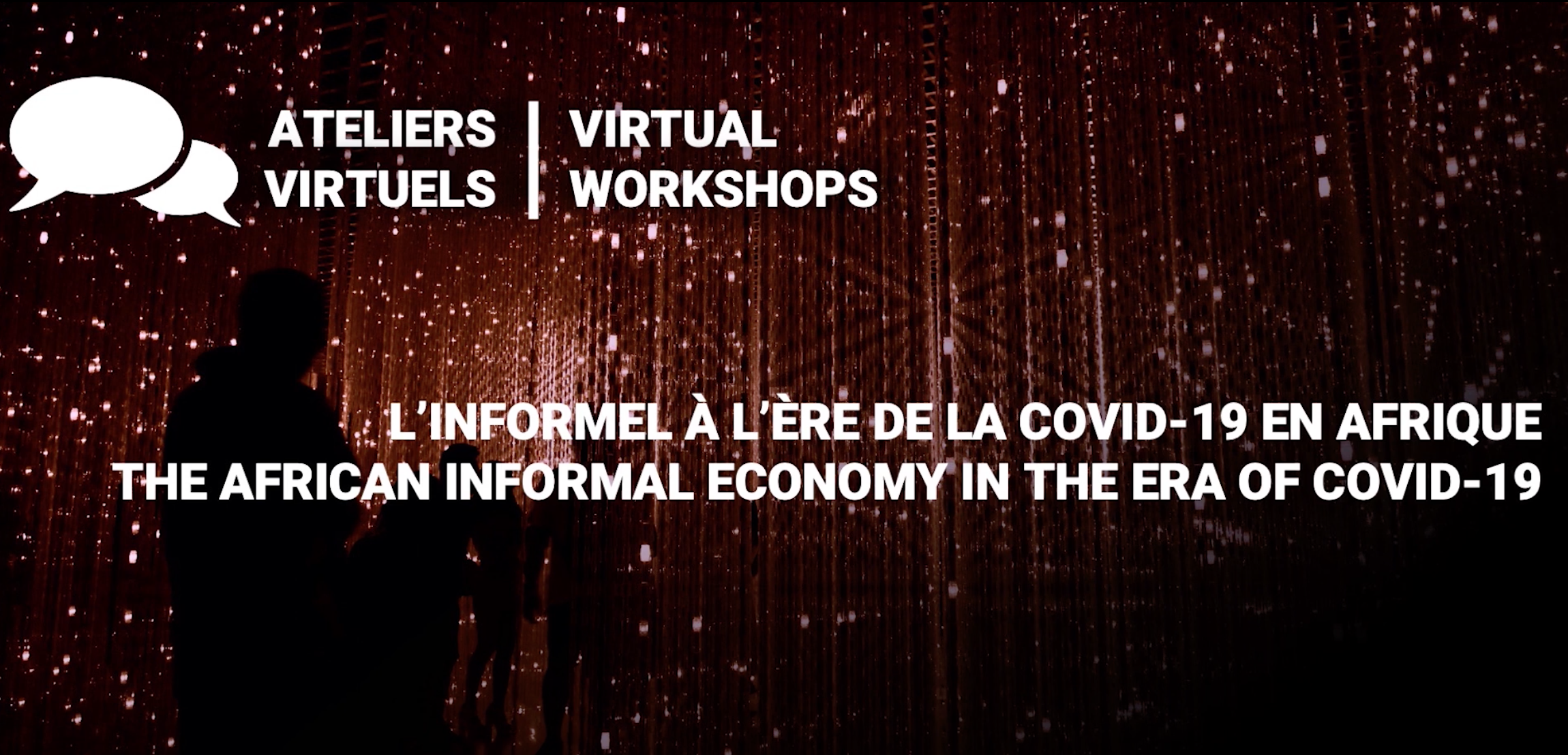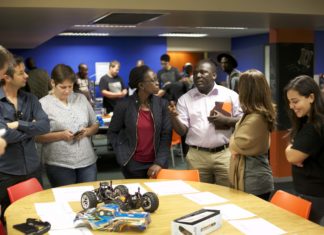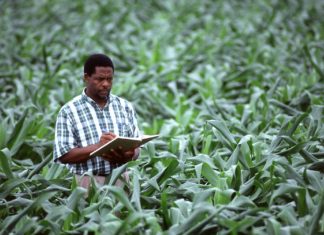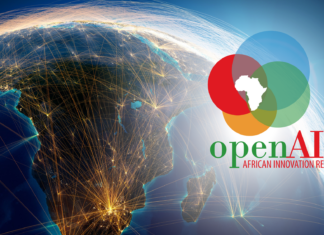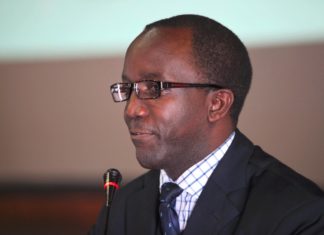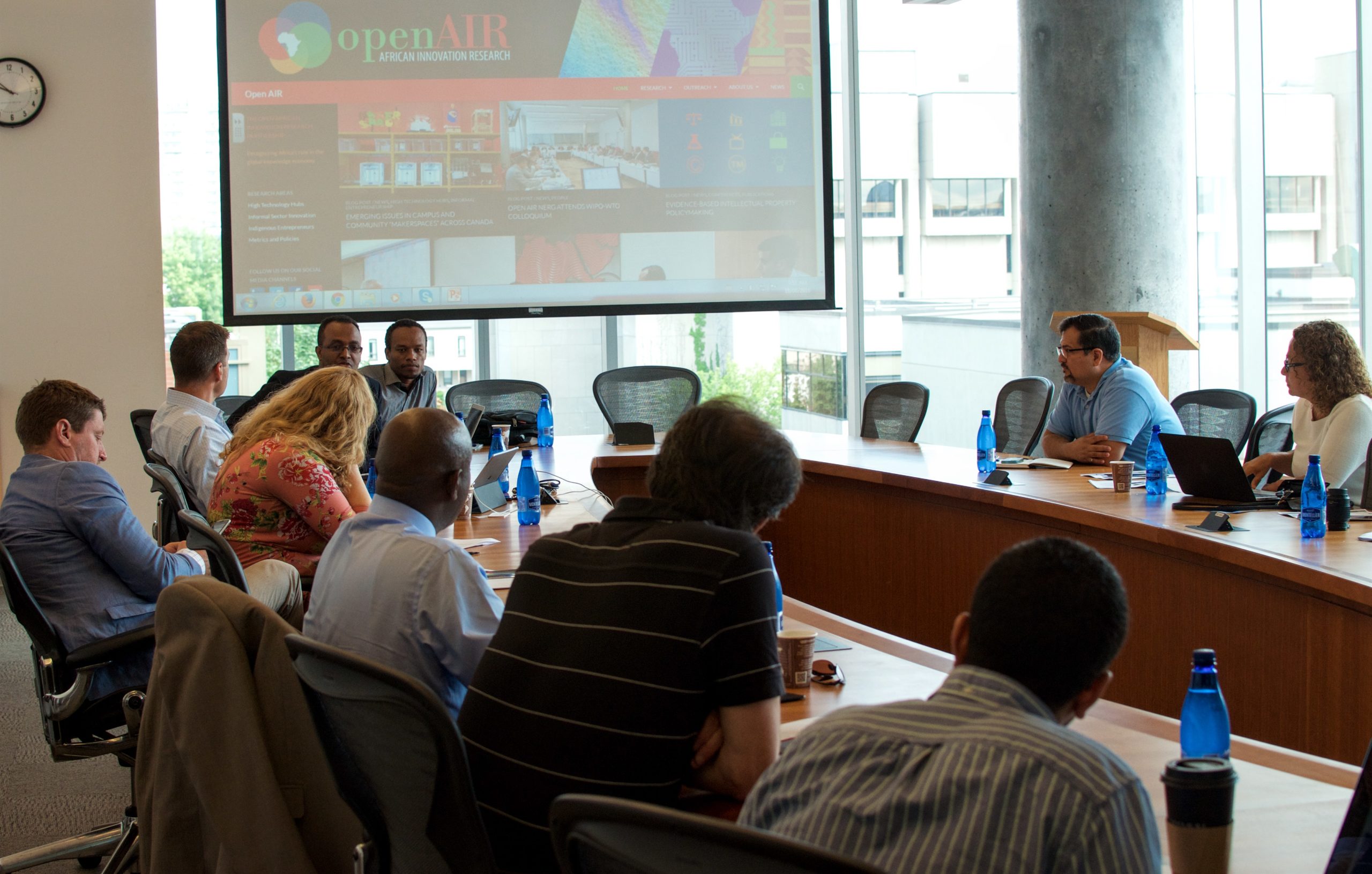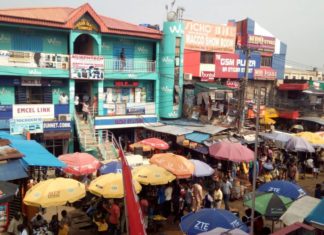Les Fablabs en Afrique : une utopie à l’épreuve des...
By Thomas Hervé Mboa Nkoudou
Du 6 au 10 mai 2018, la ville de Dakar accueillait le Festival Afropixel 6 sur la thématique « Utopies non-alignées :...
Prof. Osei-Tutu speaks at the University of Ottawa
Too often, scholarly work and debates relating to Intellectual Property (IP) have focused on the protection and profits of the IP holder, as opposed to promoting open-access and the broader interests of the community. In her talk at the University of Ottawa on February 9th, Professor Janewa Osei-Tutu suggested we readjust the lens through which IP innovation is examined, using human development as the standard.
Open AIR initie un débat intra-africain sur l’informel à l’ère de...
Par Abdelhamid Benhmade
En collaboration avec le Centre de recherche en droit, technologie et société (CDTS), DST/NRF/ Newton Fund Trilateral Research Chair in Transformative Innovation, et,...
Common Misconceptions of Patents in Egypt
Earlier this year, the World Intellectual Property Organization (WIPO) held a two-day workshop on “Supporting Small and Medium-Sized Enterprises Use the Intellectual Property System in Their Competitive Strategy” at the Academy of Scientific Research and Technology in Cairo, Egypt, which some of our Open AIR NERG members attended. The goal of this meeting was to discuss how to encourage young innovators to protect their inventions by patenting them at the Egyptian Patent Office. The workshop had vibrant and sometimes heated discussions between these innovators and government officials regarding many of the obstacles faced in the patenting process in Egypt.
Open AIR hosts South African Maker Movement Workshop
Enthusiasts and researchers gathered on Friday, March 3, 2017 to share research on the growing African maker movement. The workshop was hosted at the Institute for Economic Research on Innovation at the Tshwane University of Technology in Pretoria, South Africa.
Open Data’s Effect on Food Security
Agricultural data is a vital resource in the effort to address food insecurity. This data is used across the food-production chain. For example, farmers rely on agricultural data to decide when to plant crops, scientists use data to conduct research on pests and design disease resistant plants, and governments make policy based on land use data. As the value of agricultural data is understood, there is a growing call for governments and firms to open their agricultural data.
Appel à soumissions : Perspectives africaines sur la régulation de l’innovation
Le Réseau Open AIR est heureux d’annoncer un appel à soumissions pour un atelier international et une publication sur le thème de la régulation...
Dr. Kakooza “Dealing with Trans-Border Quasi-Intellectual Property”
In October 2010, Yoweri Museveni, the President of Uganda, recorded a rap song titled: "Do You Want Another Rap?" as part of his re-election campaign to capture the imagination of young voters. The song was a huge success and may have played a part in his reelection. When Museveni applied for a copyright registration of the song, however, members of the Ankole community filed an objection stating that the song was derived from Ankole folklore. While the Registrar of Copyrights in Uganda eventually allowed Museveni's copyright application for registration, this case triggered Dr. Anthony Conrad K. Kakooza's interest in the area of traditional cultural expressions (TCEs) and whether TCEs should be recognized within the domain of intellectual property (IP) law.
“Making” Innovation Happen: Open AIR Hosts a Successful Workshop on the...
How the world evolves in the next decade (and beyond) may be dependent upon a new-age movement re-instilling age-old skills: the maker movement. In my ongoing research into the maker movement in Canada and South Africa (see earlier posts here and here), I recently co-hosted a workshop in Ottawa with attendees from the University of Ottawa, representatives of makerspaces in the community, and those with knowledge about makerspaces elsewhere in the world.
Reconciling Intellectual Property Rights and African Development: The Right to Development...
By Uchenna Felicia Ugwu
In September 2017, the Thabo Mbeki Foundation and the Centre for Human Rights (CHR), Faculty of Law University of Pretoria gathered together...


